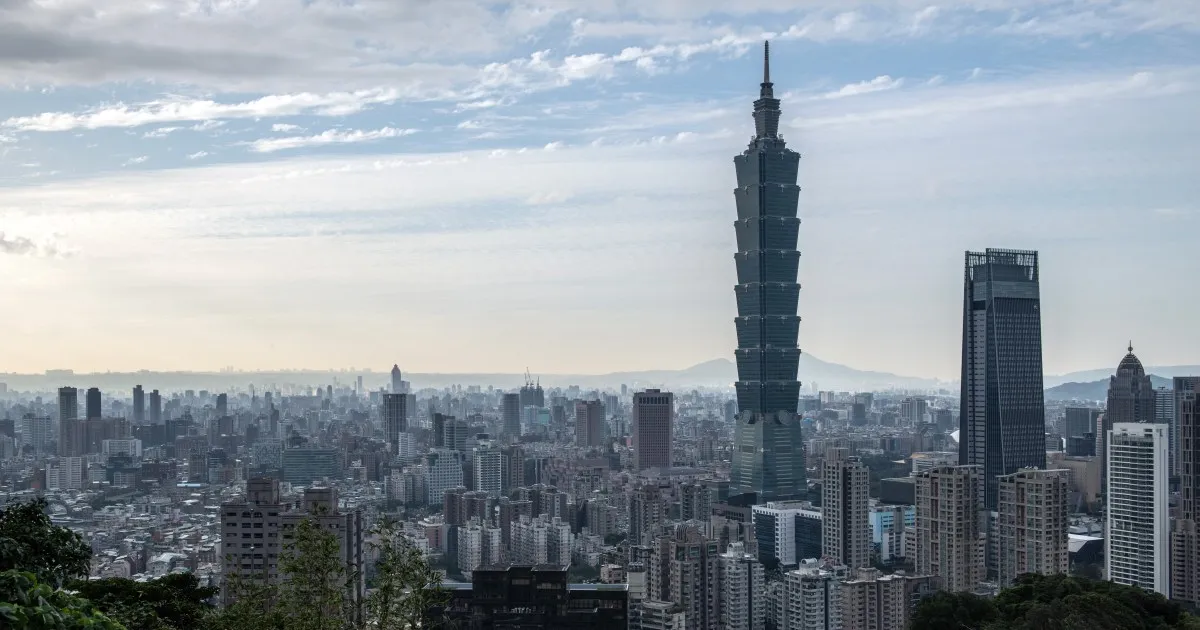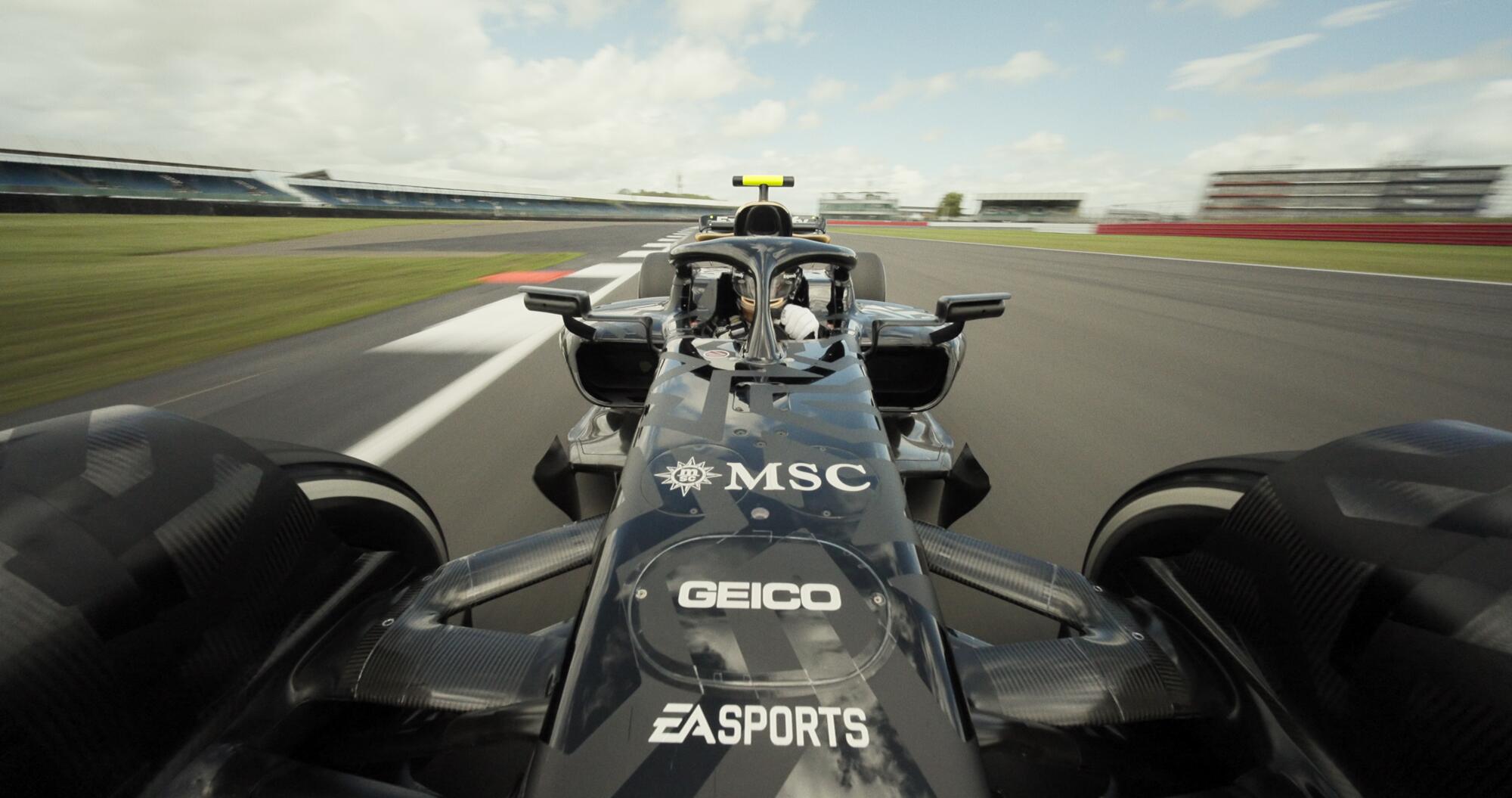US and Taiwan sign ‘pivotal’ deal to cut tariffs | International Trade News
Taipei agrees to buy some $85bn of US energy, aircraft and equipment in exchange for 15 percent tariff rate.
The United States and Taiwan have finalised a trade deal to reduce tariffs on Taiwanese exports and facilitate billions of dollars of spending on US goods.
The agreement announced on Thursday lowers the general tariff on Taiwanese goods from 20 percent to 15 percent, the same level as Asian trade partners South Korea and Japan, in exchange for Taipei agreeing to buy about $85bn of US energy, aircraft and equipment.
Recommended Stories
list of 4 itemsend of list
Under the deal, Taiwan will eliminate or reduce 99 percent of tariff barriers and provide preferential market access to numerous US goods, including auto parts, chemicals, machinery, health products, dairy products and pork, the office of the US trade envoy said in a statement.
The US will, in turn, exempt a large range of Taiwanese goods from tariffs, including chalk, castor oil, pineapples and ginseng.
Taiwanese President William Lai Ching-te said Taipei had secured tariff exemptions for some 2,000 Taiwanese products, hailing the agreement as a “pivotal” moment for the self-governing island’s economy.
Lai said the deal, when various carve-outs are included, would take the average tariff rate on Taiwanese goods to 12.3 percent.
“From familiar items such as Phalaenopsis orchids, tea, bubble tea ingredients (tapioca starch), and coffee, to pineapple cakes, taro, pineapples, and mangoes – these products that represent Taiwan will become more price-competitive in the US market,” Lai said in a statement on social media.
“We aim not only to sell Taiwan’s great flavors overseas, but also to ensure Taiwanese brands truly enter international markets,” he said.
Lai made no mention of Taiwan’s chip industry, a crucial driver of the island’s economy that is estimated to account for up to 20 percent of gross domestic product (GDP).
Taiwan’s exports rose by 35 percent in 2025 on the back of furious demand for its AI chips, hitting a record $640.75bn.
Thursday’s agreement notably does not include specific commitments from Taiwan to invest in the US chip industry, despite an announcement by US President Donald Trump’s administration last month that Taiwanese firms would pour $250bn into the sector.
A fact sheet released by the Office of the US Trade Representative said the two sides “take note” of the January deal, which included a prior commitment by chip giant Taiwan Semiconductor Manufacturing to invest $100bn in the US.
US Trade Representative Jamieson Greer said Thursday’s agreement built on the longstanding trade relations between Taiwan and the US and would “significantly enhance the resilience of our supply chains, particularly in high-technology sectors”.
“President Trump’s leadership in the Asia Pacific region continues to generate prosperous trade ties for the United States with important partners across Asia, while further advancing the economic and national security interests of the American people,” Greer said.
Nearly one-third of Taiwan’s exports went to the US in 2025, making the country the island’s biggest market for the first time since 2000.






